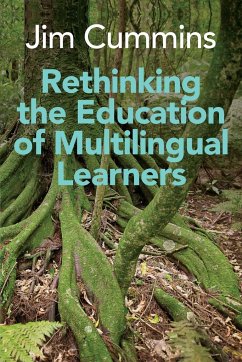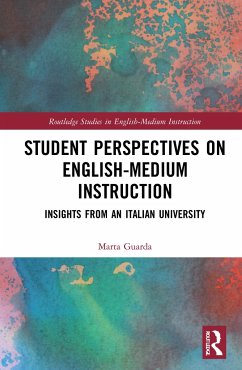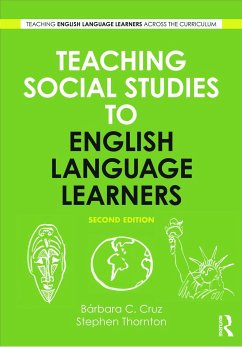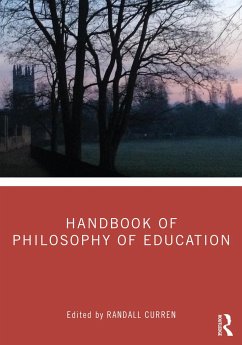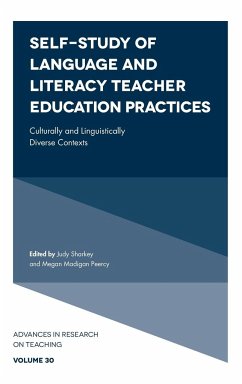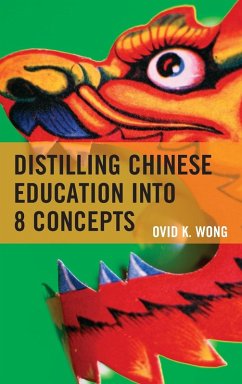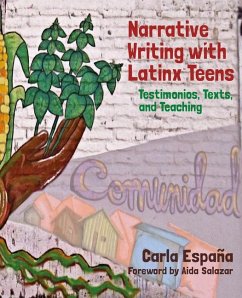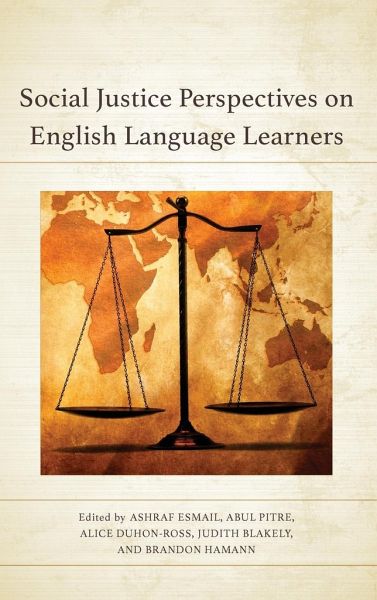
Social Justice Perspectives on English Language Learners
Versandkostenfrei!
Versandfertig in 1-2 Wochen
75,99 €
inkl. MwSt.
Weitere Ausgaben:

PAYBACK Punkte
38 °P sammeln!
This book is written from a practitioner's perspective and is designed for practitioners. Social change is guiding theme throughout each of the chapters. The book focused on elements such as cultural relevance, multiculturalism, learner centered, authentic assessment, and diversity, each chapter will be based on theory with a focus on practice.






